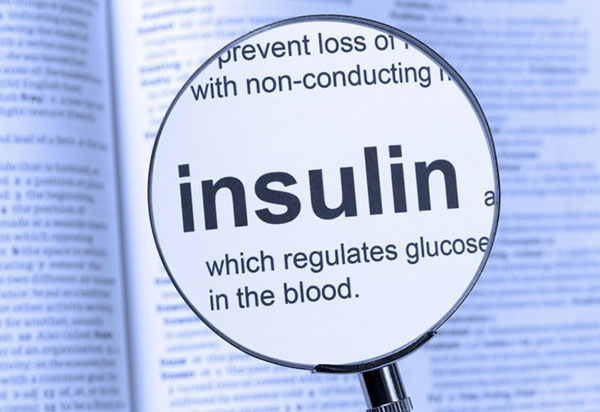

Helping people get their life back through fitness, without sacrificing their wine or weekends

Insulin
Insulin does not dictate weight loss.
It has many roles and when we’re constantly consuming excess calories or energy it will then store that excess in your muscles, liver via glycogenesis (promoting the conversion of glucose into glycogen, the stored form of glucose) and then your fat cells (adipose tissue) Via lipogenesis. (Converting glucose into fat)
It doesn’t just automatically store body fat.
Insulin is a hormone produced by the pancreas that plays a crucial role in regulating blood glucose levels. It acts as a key to unlock cells, allowing glucose (sugar) from the bloodstream to enter and be used for energy. Without enough insulin, glucose can't be absorbed by cells, leading to high blood sugar levels (hyperglycemia)
Insulin does not directly stop fat burning or cause fat gain.
It is just one hormone involved in the process. However, when you consume more calories than you require, insulin can contribute to fat gain. In this situation, excess calories are stored as body fat instead of being utilised for energy.
On the other hand, if you consume fewer calories than you require you will lose body fat.
Even if you have hormonal health issues, fat burning will still occur, but it may be slower and less efficient compared to a situation where no hormonal health issues are present and insulin levels are lower.
Hormonal and metabolic issues do not negate a calorie deficit.
Although focusing on both will yield best results.













